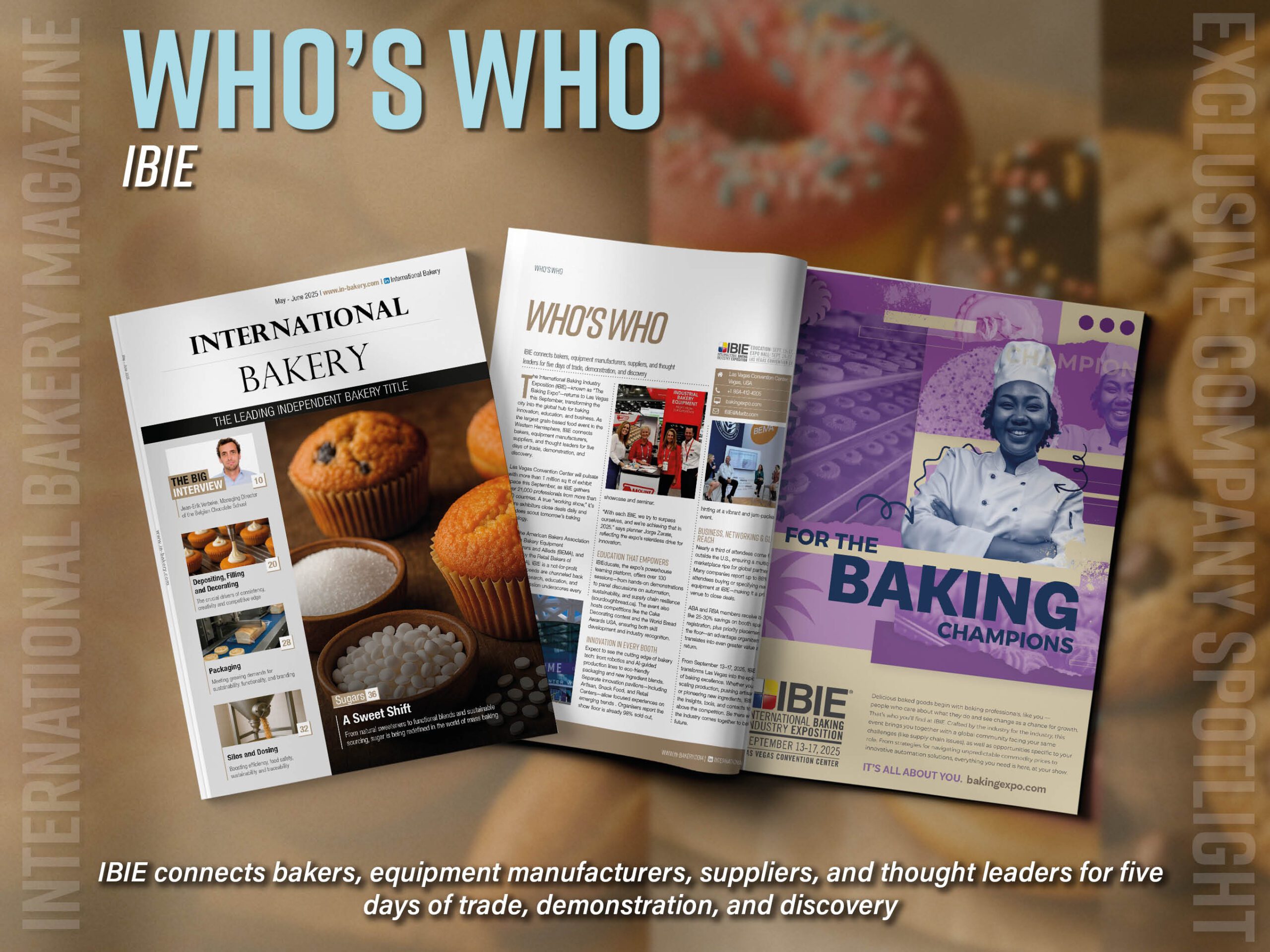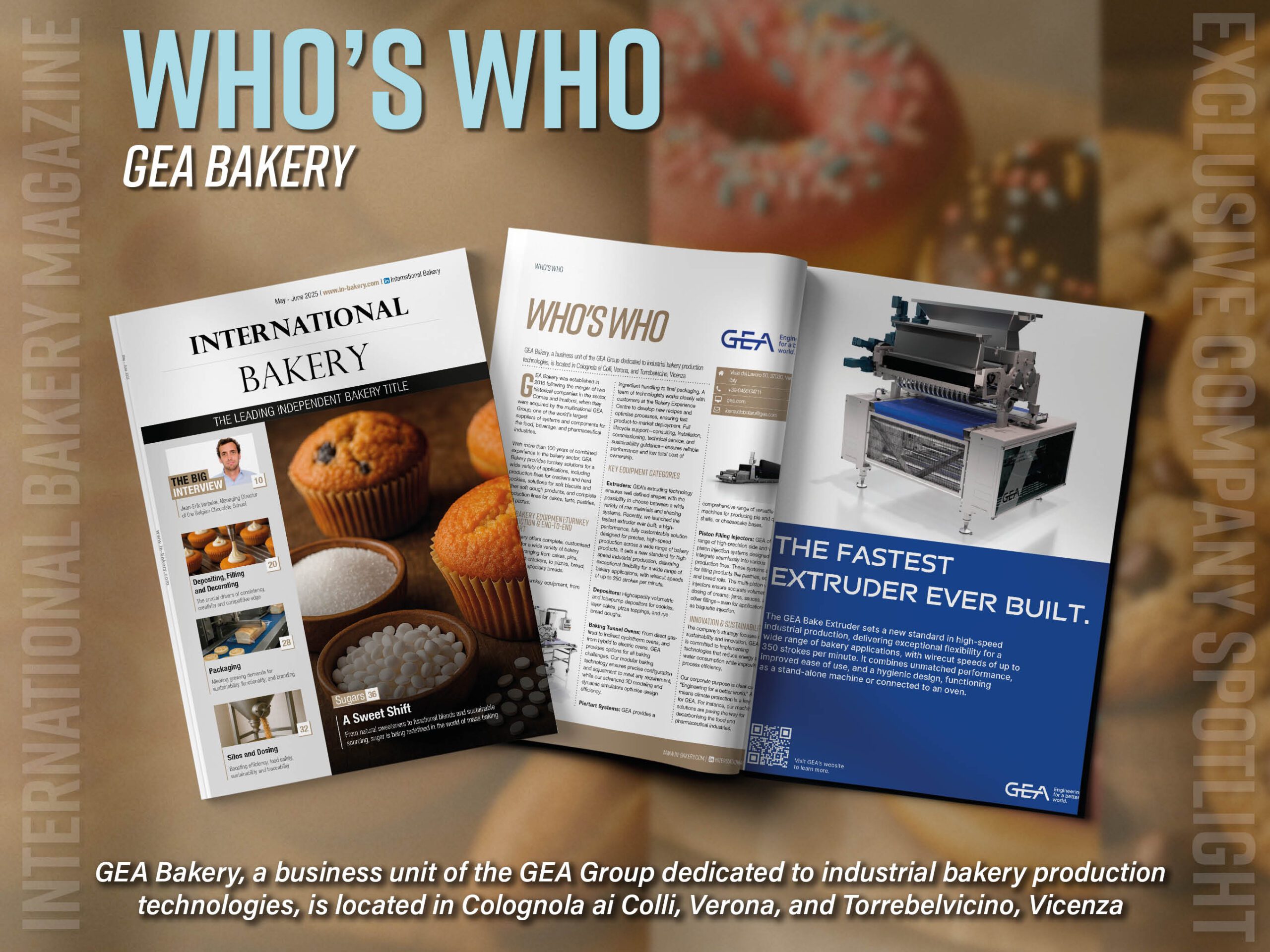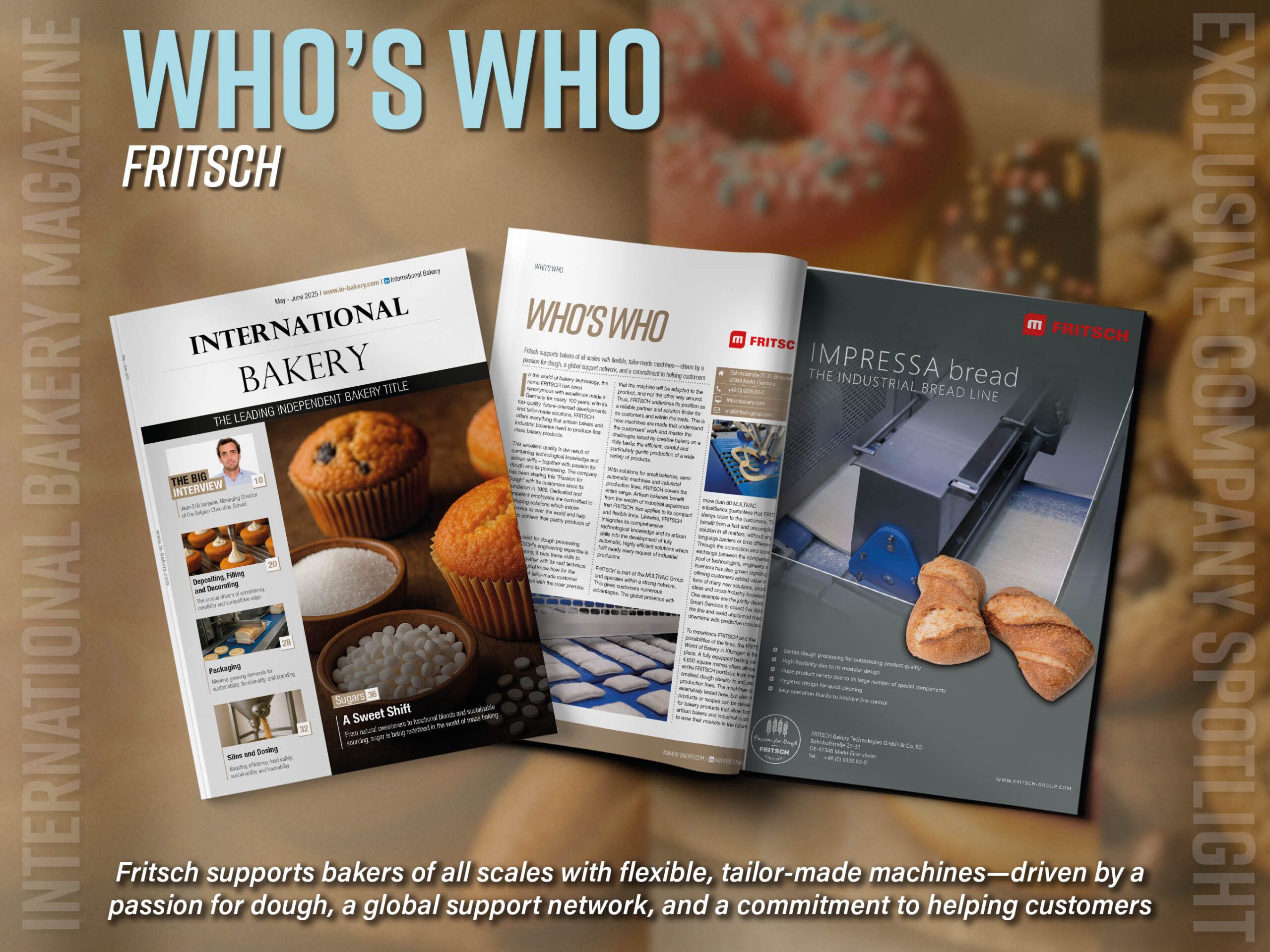Features Editor Hannah Larvin explores how health trends, technological advancements and the demand for sustainability are shaping the future of the bread-based goods sector
The bread-based finished goods sector has witnessed a remarkable transformation, driven by consumer demand for healthier, more sustainable, and innovative products. This evolution is reshaping the baking industry, presenting new opportunities and challenges for producers, machine manufacturers, packaging solution providers, and ingredient suppliers alike. In this article, we explore the latest trends and innovations in bread-based finished goods, examining how they are influencing the market and what the future holds for this dynamic sector.
The Rise of Health-Conscious Bread Products
Health and wellness have become pivotal concerns for consumers, leading to a significant shift towards functional and fortified bread products. This trend is characterised by the increasing popularity of high-protein, gluten-free, and low-carb bread options. For instance, Bakels, a prominent ingredient supplier, has developed high-protein bread mixes targeting fitness enthusiasts and health-conscious individuals. These products are packed with essential nutrients and cater to specific dietary needs, making them highly appealing in today’s market.
The rise in popularity of low-carb diets such as keto has also influenced the bread market. Many consumers are seeking alternatives that fit into these dietary frameworks, and producers have responded with innovations like almond flour and coconut flour-based breads. CarbZone, an ingredient provider, offers low-carb flour blends that allow producers to create bread with a fraction of the carbohydrates, providing the texture and taste consumers expect while supporting a healthy lifestyle.
Additionally, the focus on gut health has brought fermented breads, such as sourdough, to the forefront. The natural fermentation process not only enhances flavour but also improves digestibility. Many ingredient suppliers, like Puratos, are providing sourdough starters to large-scale producers, enabling them to incorporate these traditional methods into their operations and meet consumer demand for healthier options.
Another aspect of health-conscious bread products is the fortification with additional nutrients. For instance, some suppliers are adding Omega-3 fatty acids, fibre, and even probiotics to their bread mixes to appeal to the health-conscious consumer. This functional approach to bread-making not only provides added health benefits but also allows producers to differentiate their products in a crowded market.






